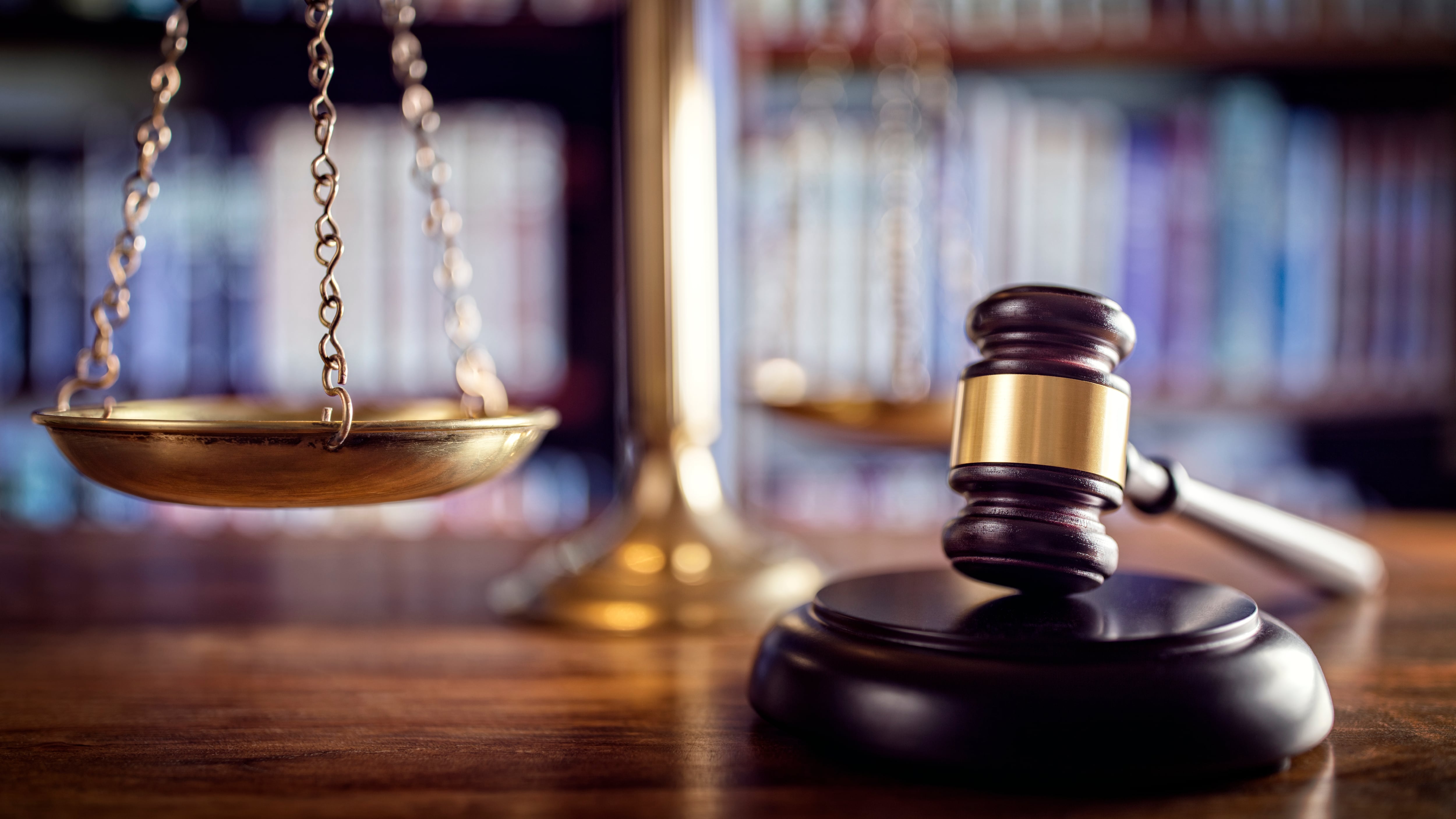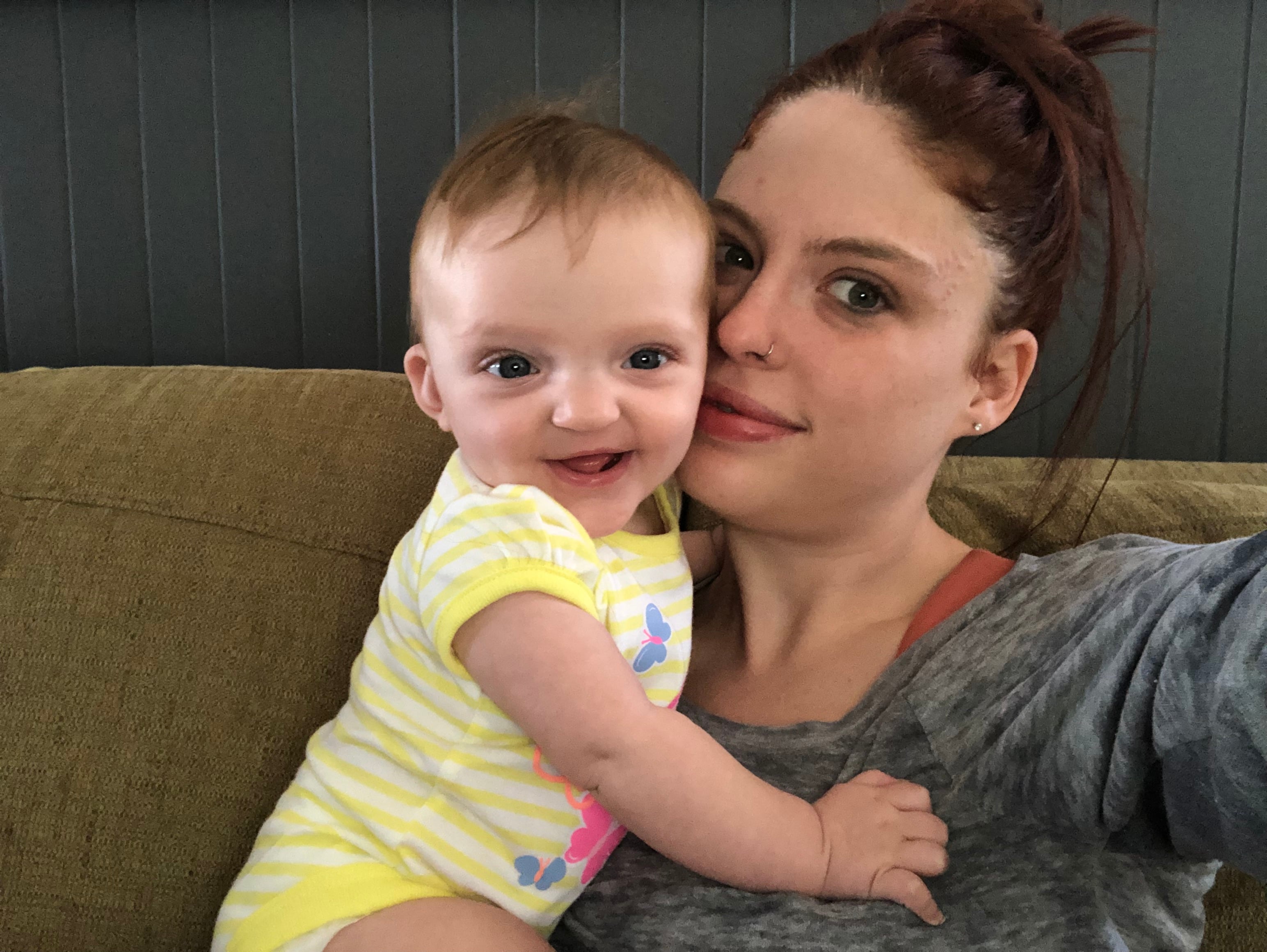Across the Marine Corps on Wednesday, memorials and ceremonies were being held remember the 36th anniversary of the 1983 bombing of the Marine Corps barracks in Beirut, Lebanon.
The bombing was the largest single-day loss of life in the Marine Corps since the battle of Iwo Jima in Japan during World War II.
Chip Shields was a corporal with a communications platoon for the 1st Battalion, 8th Marines, nearing the end of his rotation in Lebanon on Oct. 23, 1983.
He survived that day, but 220 Marines, 18 sailors and three soldiers did not.
“For two and a half or more hours I was underneath that rubble with my knees on my chest, at the beginning everyone was screaming for help,” Shields recounted to Marine Corps Times on Wednesday.
Thirty-six years later Shields was back at Camp Lejeune, North Carolina, for the annual ceremony at the Beirut memorial on base.
The ceremony had many speakers this year including, Lt. Gen. Brian D. Beaudreault, II Marine Expeditionary Force commanding general, Lt. Col. Anthony C. Johnston, commanding officer of 1st Battalion, 8th Marine Regiment, and Gen. Alfred M. Gray Jr., the 29th Commandant of the Marine Corps.
Gray was the commander of the 2nd Marine Division during the bombing and attends the ceremony honoring the men under his command who died that day nearly every year.
Shields’ deployment in Lebanon had started off quiet when he first arrived in May 1983, as a “young Marine excited to be young and going out."
But he said his unit quickly realized how dangerous the Marine position was, trying to keep the peace in the middle of a bloody civil war.
“In July the first five Marines were killed in a mortar attack while they were changing the guard,” Shields told Marine Corps Times in a phone interview. “It was working out for a while, but once they figured out we weren’t there for combat, we weren’t going to fire back ... they started sending mortars and snipers.”
The night before the bombing the compound Shields was at started getting hit by mortar fire that went on until the early morning, sending Shields and the other Marines in the barracks to their battle posts until after 3 a.m.
After the mortar fire Shields made his way to his cot on the third floor of the Marine barracks, still wearing his flak vest and with his rifle ready if another attack were to take place.
Shields sleep did not last long, he recounted. Early the next morning he woke up to the sound of small-arms fire outside the building, not an unusual occurrence during his deployment, but when Shields made out the pistol fire from the sergeant of the guard he knew something was happening.
He immediately grabbed his rifle and donned his helmet, but as soon as his first foot hit the ground he was hit by the explosion.
“I felt myself falling and just a white flash and a blast so loud you couldn’t hear,” Shields said.
At this point Shields said he said his prayers and prepared for death, but after two and a half more hours was found by a platoonmate moving through the area calling out to see if anyone survived.
Shields did not understand the extent of the explosion until he was found, he said, believing his side of the building was hit by a rocket-propelled grenade and that the damage would be relatively limited.
The Marine who found him "said the whole building was gone, the whole four-story building was absolutely gone and collapsed,” Shields said. “I just broke down, not realizing how bad it was.”
Shields was moved around Europe receiving care for wounds to his arm, shin and ankle, but he made sure he returned from his convalescence in time to meet his unit at Camp Lejeune, North Carolina, when the survivors disembarked from the ships at the end of the deployment.
Wednesday’s ceremony in North Carolina was a time to reconnect with his comrades, meet the family of his friends who died, heal and make sure the world remembers their sacrifice, he said.
“The biggest thing is telling their story,” Shields said. “Tell their stories and it keeps them alive in our hearts.”





